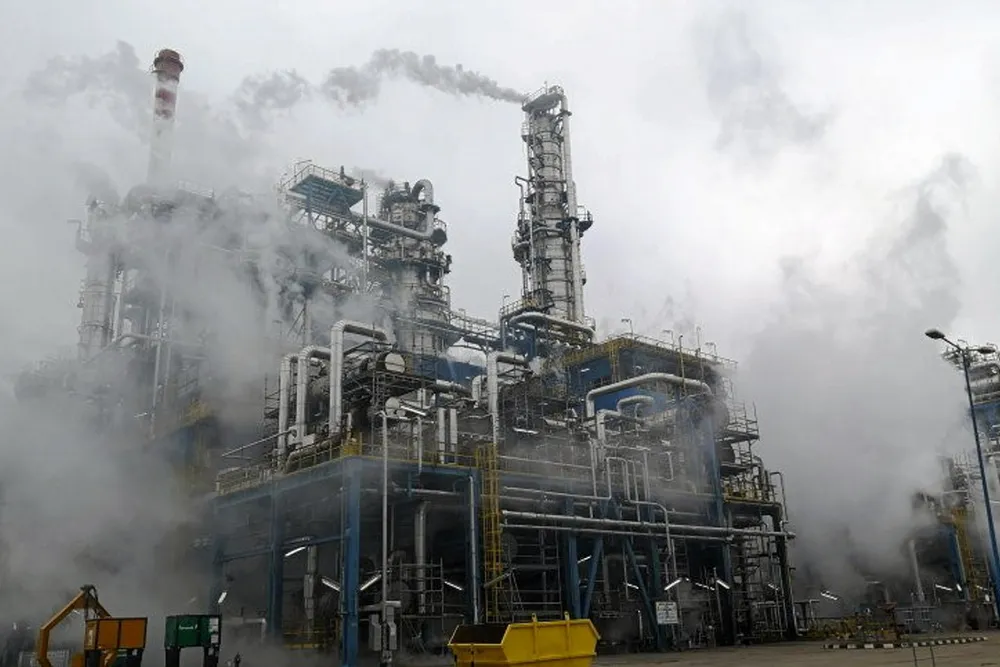EU approves €158m Polish grant for green hydrogen plant that will partially replace refinery’s grey H2
Electrolyser and PV installation would displace some grey hydrogen production at Gdańsk petrochemicals facility

Electrolyser and PV installation would displace some grey hydrogen production at Gdańsk petrochemicals facility
